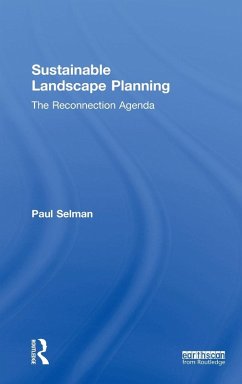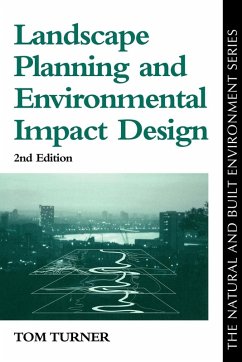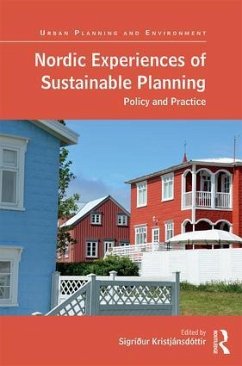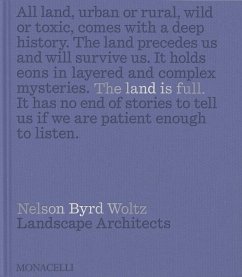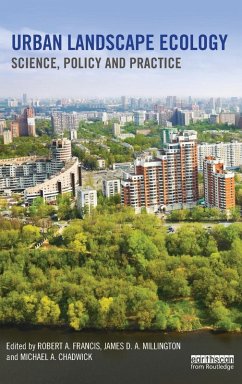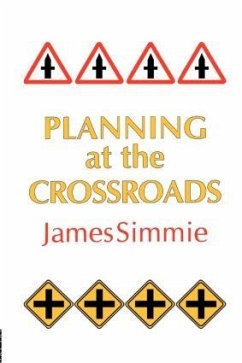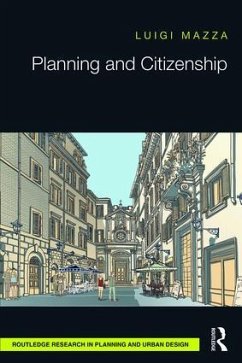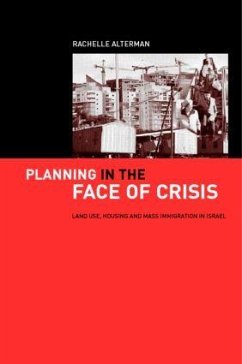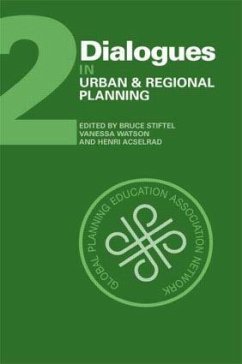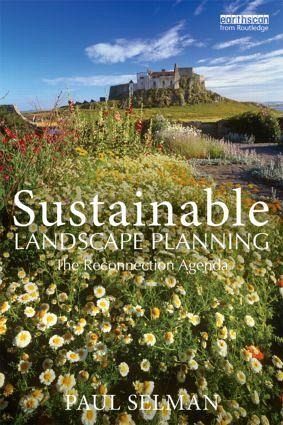
Sustainable Landscape Planning
The Reconnection Agenda
Versandkostenfrei!
Versandfertig in 1-2 Wochen
65,99 €
inkl. MwSt.
Weitere Ausgaben:

PAYBACK Punkte
33 °P sammeln!
This book takes as its starting point the need to examine critically the case for landscape reconnection. It looks at alleged disconnections and their supposed consequences. It explores the arguments about reconnecting the natural and human elements of whole landscapes. More broadly, it considers landscape as an arena within which science, humanities and professions can find common ground, and in which vivid social learning can occur about key social and environmental issues. It takes a dynamic view of landscape, in contrast to the popular image of timeless, traditional scenery. It accepts tha...
This book takes as its starting point the need to examine critically the case for landscape reconnection. It looks at alleged disconnections and their supposed consequences. It explores the arguments about reconnecting the natural and human elements of whole landscapes. More broadly, it considers landscape as an arena within which science, humanities and professions can find common ground, and in which vivid social learning can occur about key social and environmental issues. It takes a dynamic view of landscape, in contrast to the popular image of timeless, traditional scenery. It accepts that even the most cherished cultural landscapes will change and, indeed, it views 'change drivers' as a potentially positive means of creating new connectivities between people and place. It recognises the growing interest in promoting resilience and ecosystem services across extensive landscapes - such as by creating new 'space' for water and wildlife. ¿





